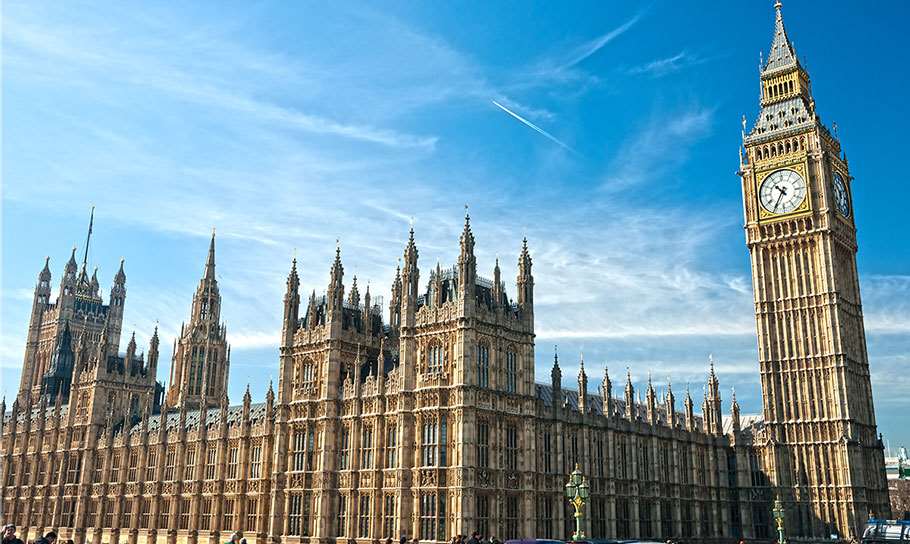
The new FIG regime is based on UK tax residence rather than the more abstract notion of domicile. An individual is a “qualifying new resident” if they are UK resident in the tax year and were not UK resident throughout the previous 10 UK tax years. They'll continue to be a qualifying new resident for any of the next three tax years for which they remain UK resident, as individuals can be eligible for up to four UK tax years.
Abolishing the concept of domicile creates winners and losers. For instance, foreign national individuals who've previously been UK resident in the 10 tax years prior to arrival won't be qualifying new residents. But British nationals who've been long-term resident abroad (ie, for more than 10 years) may now be qualifying individuals.
Unintended changes for international employees?
A number of the additional travel and subsistence rules for international travel were predicated on being non-domiciled or, in some cases, only applied to domiciled individuals where the employer was a “foreign employer”.
These additional travel rules were already quite complicated to claim. Rather than rewriting and simplifying this subset of travel rules for international employees, instead a series of consequential amendments have been made.
Unfortunately, where the requirement was to be non-domiciled or domiciled, this has simply been substituted with either being a qualifying new resident or not – making these rules potentially even more complex to navigate.
| Key travel rules for internationally mobile employees | Tax relief provision | Revised requirement for internationally mobile employees |
|---|---|---|
|
Travel at start or finish of overseas employment
|
S341 |
From 2025/26, employee must not be a qualifying new resident where there is a foreign employer |
|
Foreign accommodation and subsistence costs and expenses (overseas employments)
|
S376 |
From 2025/26, employee must not be a qualifying new resident where there is a foreign employer |
|
Non-domiciled employees and spouse travel costs and expenses where duties performed in the UK – often referred to as home leave rules |
S373/375 |
Provides that an employee can benefit from deductions where the employee is a qualifying new resident or non-resident |
note: also revisions to S370 relating to travel where duties performed abroad.
In particular, the rules in sections 373 to 375 allow deductions for travel costs, and certain travel expenses, in connection with duties performed in the UK by non-residents or qualifying new residents where conditions are met. The rules may permit a deduction where the main travel and subsistence rules do not. Furthermore, in terms of the relief available under S373 this includes all cost that form part of the travel facility. For example, the cost of an initial visa and other costs, such as the immigration health surcharge, are allowable costs as part of an eligible journey. Exemption for spousal home leave costs are also covered by these rules.
For new arrivals who are resident, the rules limit the costs of the employee and family from five years to the first four tax years as the employee must also be a qualifying new resident – effectively aligning the relief to that first four-year tax period.
These consequential revisions to the travel rules will undoubtedly have unexpected consequences for employees and employers, increasing tax costs in relation to travel and home leave where employees are not qualifying new resident when they first come to the UK or ceased to qualify for the relief from 6 April 2025.
Why this matters to employers
An employer needn't operate PAYE in respect of reimbursements of expenses falling within these provisions. However, an employer will now need to understand the residency status of an individual (rather than domicile) to know whether a deduction is available and which costs can be exempted. As noted above, often associated costs such as visas and the immigration health surcharge are claimed under these exemptions and may therefore now be considered taxable.
For more insights and guidance, contact Matthew Wilson and Katy Bond.







